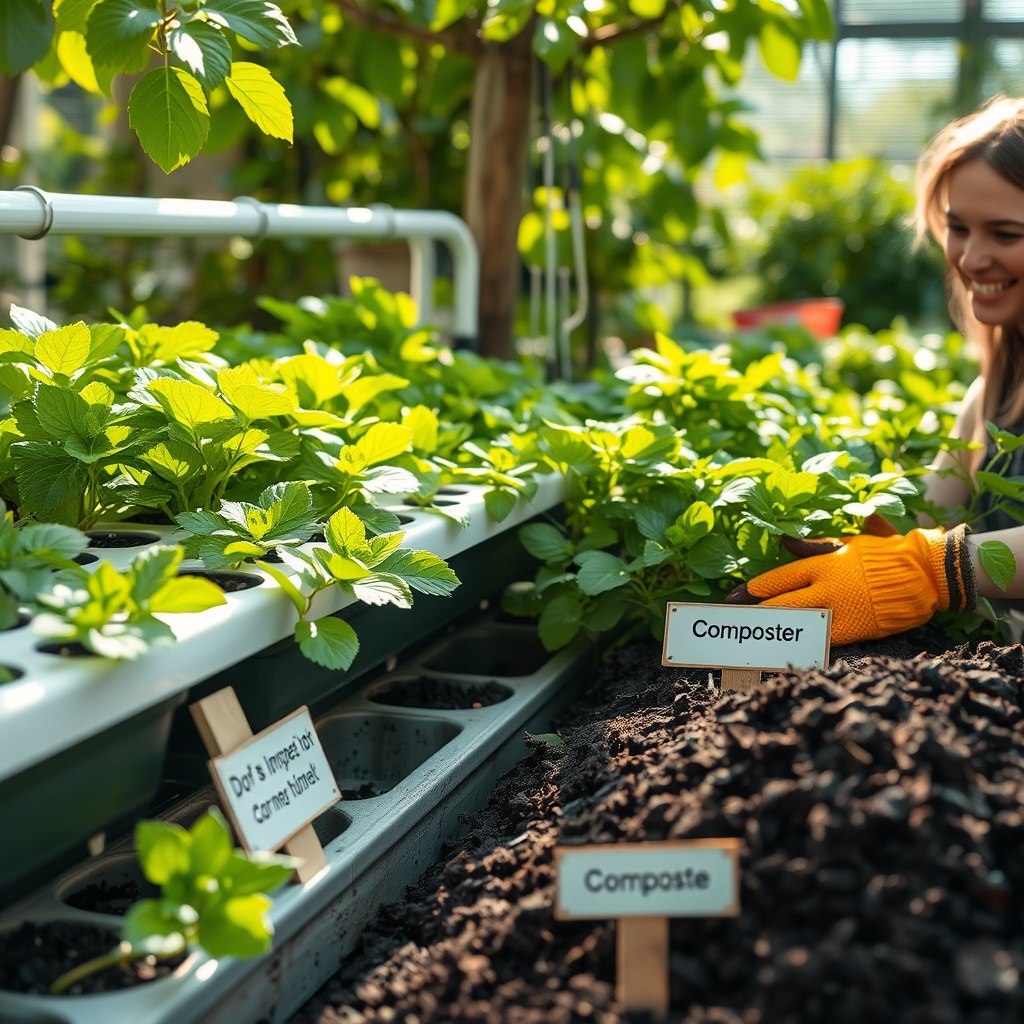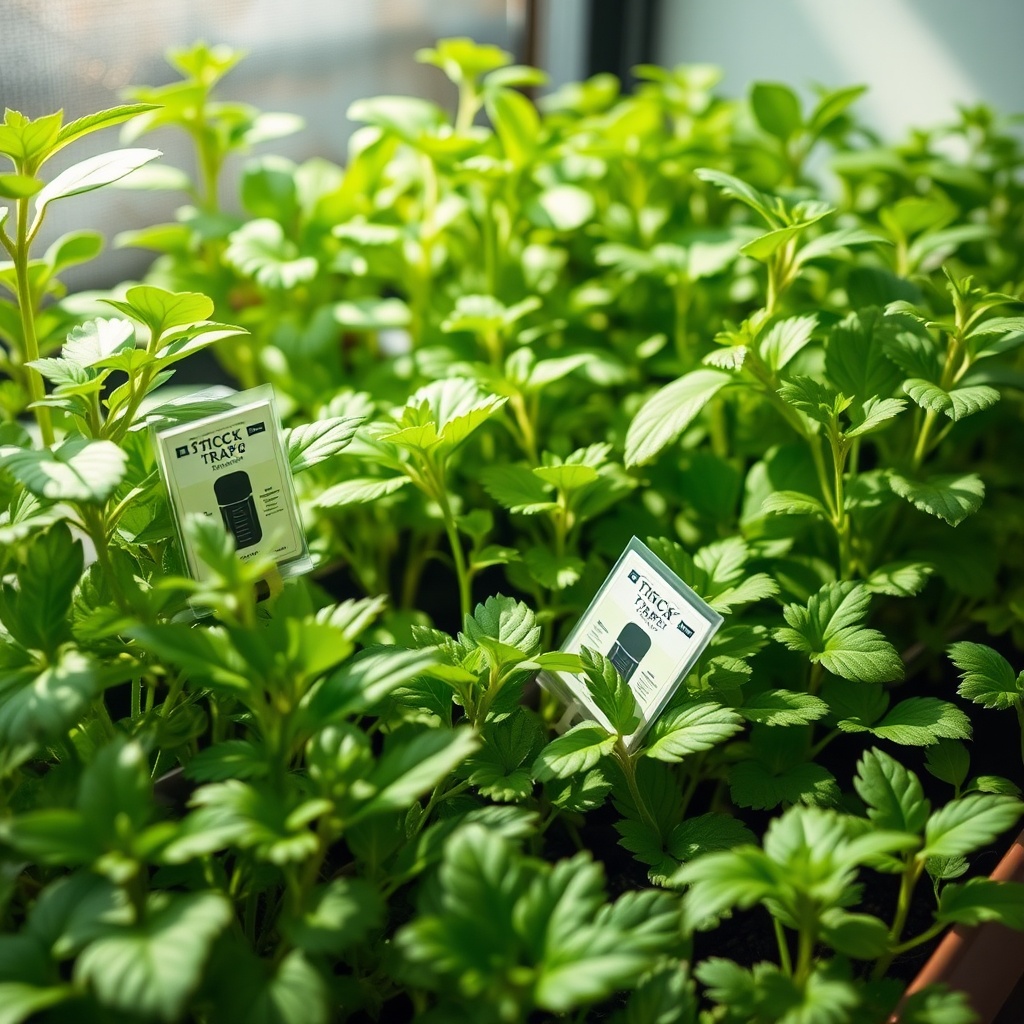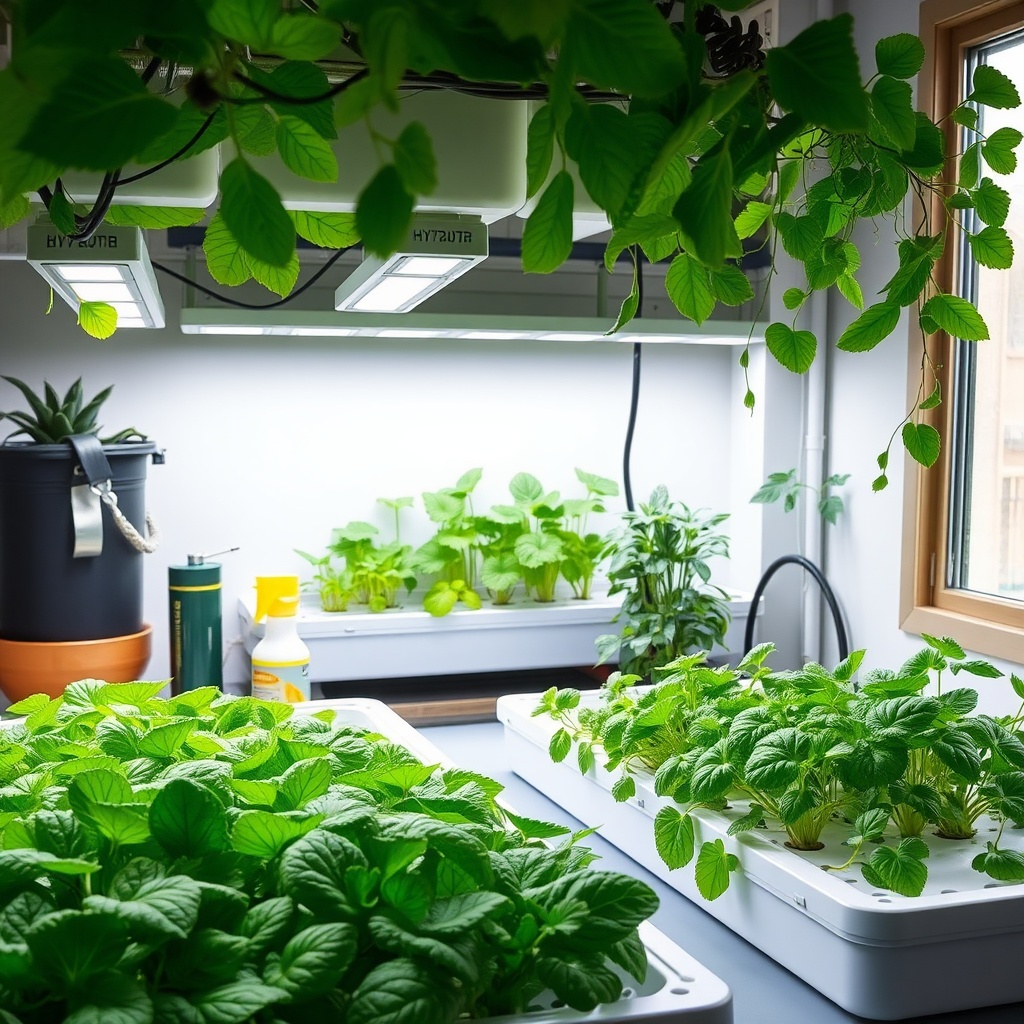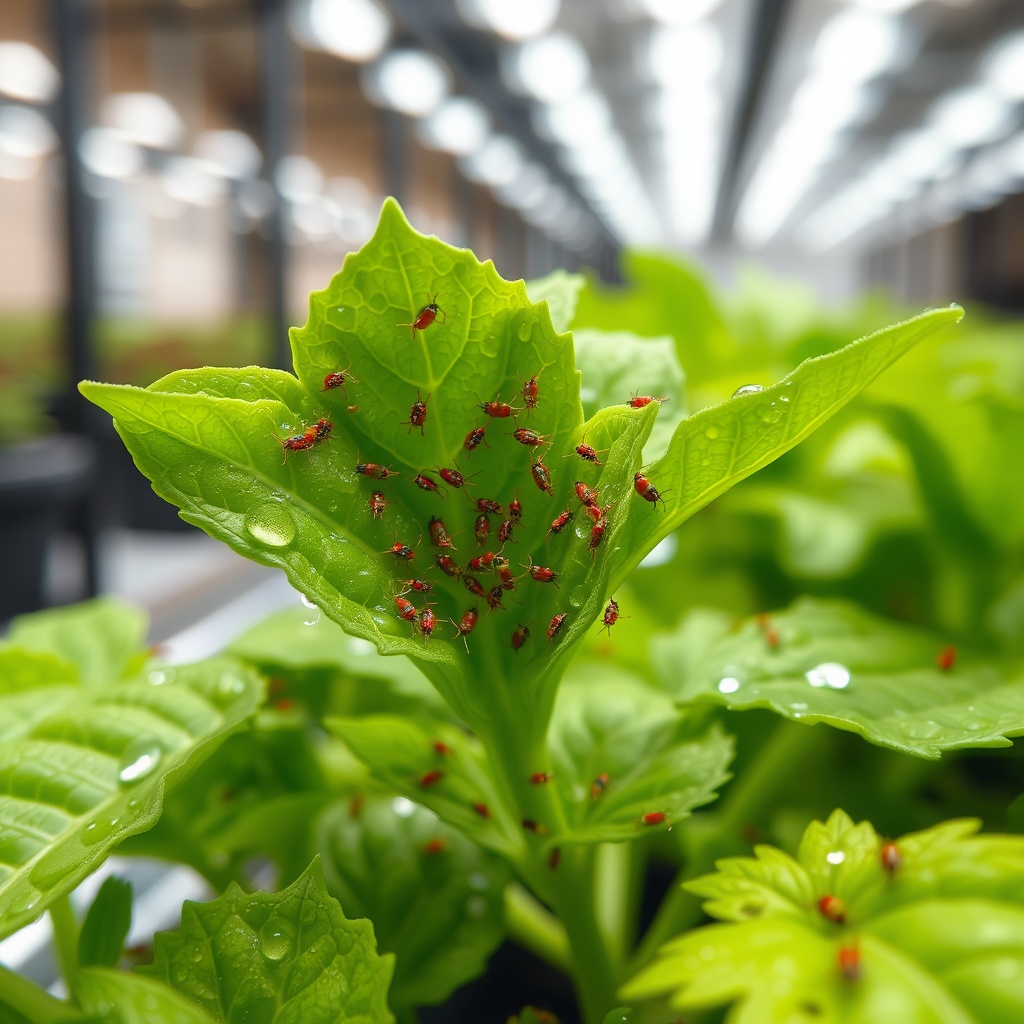Composting is an excellent way to enhance the sustainability of your hydroponic garden. By recycling organic waste, you can create nutrient-rich compost that can be utilized to improve the health and yield of your plants. However, not all composting practices are suitable for hydroponic systems. Understanding the do’s and don’ts of composting can help you maximize your garden’s potential while minimizing risks.
The Essential Do’s of Composting
Incorporating compost into your hydroponic garden can provide significant benefits, but it’s crucial to approach it correctly. Below are key practices that every hydroponic gardener should embrace.
- Do Use a Balanced Mix of Green and Brown Materials: Incorporating a combination of nitrogen-rich greens (like vegetable scraps) and carbon-rich browns (such as dry leaves) is essential for creating effective compost.
- Do Monitor Moisture Levels: Ensure your compost pile retains adequate moisture without becoming waterlogged. The ideal moisture content is around 40-60%.
- Do Aerate Regularly: Turn your compost every few weeks to introduce oxygen, which speeds up the decomposition process and prevents unpleasant odors.
- Do Use Compost in Moderation: Integrate compost gradually into your hydroponic system to avoid overwhelming your plants with nutrients.
Common Pitfalls to Avoid
While composting can be beneficial, certain practices can hinder your hydroponic gardening success. Here are some common mistakes to steer clear of.
- Don’t Use Diseased Plant Material: Introducing diseased plants can spread pathogens to your hydroponic system, jeopardizing your entire garden.
- Don’t Overload with High Nitrogen Materials: Excessive greens can lead to a nitrogen imbalance, causing ammonia production and potential harm to your plants.
- Don’t Ignore Odors: If your compost smells foul, it could indicate anaerobic conditions. Address the issue promptly by aerating and adjusting moisture levels.
- Don’t Use Non-Biodegradable Waste: Items like plastics or treated woods can contaminate your compost, which can adversely affect your hydroponic garden.




